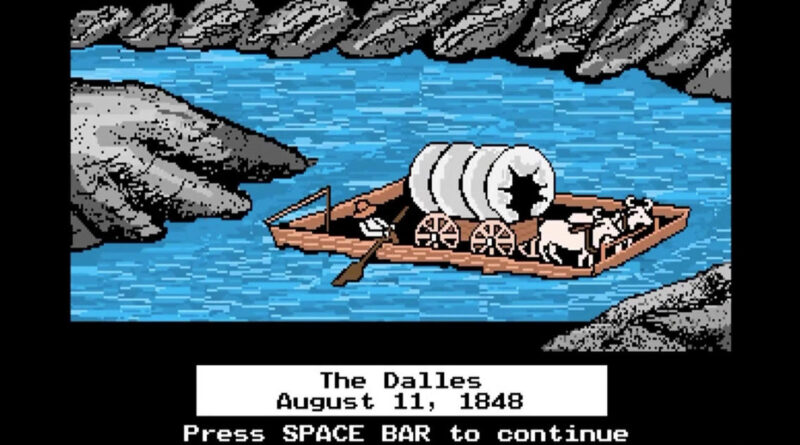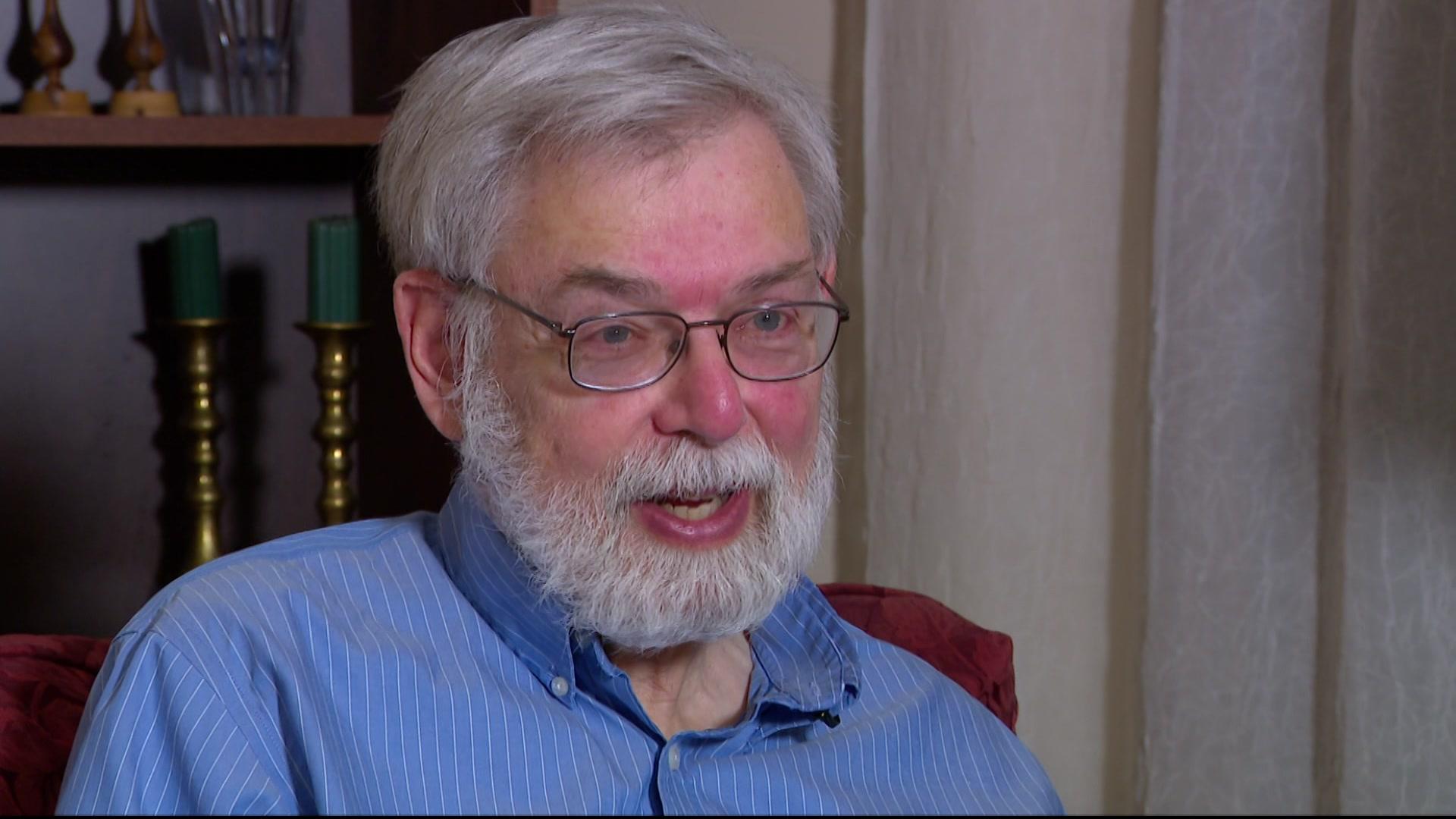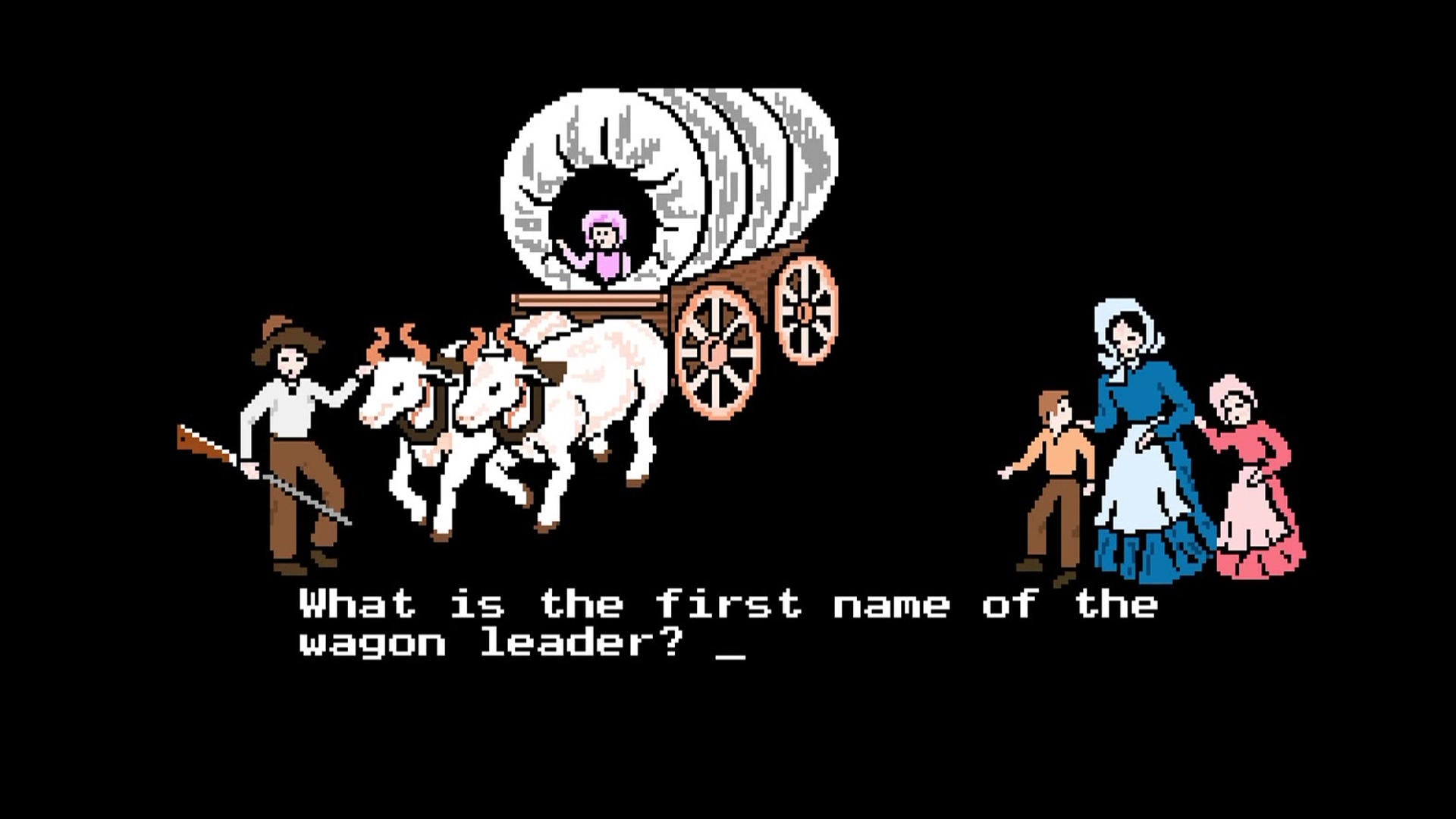“Oregon Trail” computer game is now being developed as a movie
NORTHFIELD, Minn. — “The Oregon Trail,” one of the most successful computer games of all time and a staple for children of the ’80s and ’90s, is currently being developed into a movie project.
Bill Heinemann says it’s hard to find someone these days who hasn’t heard of “The Oregon Trail.” The computer game he co-created in 1971 at Carleton College in Northfield has sold tens of millions of copies and is in the World Video Game Hall of Fame.
“It’s surprising and gratifying and humbling, in a way, that a little thing that I spent two weeks on has become a worldwide phenomenon,” Heinemann said.
The idea sprouted when Heinemann’s friend, Don Rawitsch, came up with a board game for students he was teaching that simulated 1800s settlers going west on the Oregon Trail.
WCCO
Computers were in their very early days, and even though Heinemann says he’d only seen “Pac-Man,” he sensed an opportunity.
“I said, ‘That’ll be a great application for a computer,’ because you wouldn’t have to shake the dice to see what happens,” Heinemann said. “What happens could come up and be unexpected.”
The game’s become known for the many ways players can die, including by dysentery, but Heinemann’s favorite was death by snake bite.
“It only happened once every several hundred times, and so people could’ve played it for months and all of a sudden, ‘What? I got bit by a snake and died? This has never happened to me before!'” he said.
MECC
Now more than 50 years after the first “Oregon Trail” program, Apple is reportedly developing the game into an action-comedy movie.
“Surprising to me how popular it’s become and how long the interest in it has been around,” Heinemann said. “And this is just the next step I guess.”
He won’t be making any money off the movie. In fact, Heinemann’s never seen a dime from the iconic game.
He and his two co-creators, Rawitsch and Paul Dillenberger, turned it over to the Minnesota Educational Computing Consortium shortly after they invented it.
Heinemann says it doesn’t bother him.
“I didn’t do it for money,” he said. “I did it for just the love of the game and the love of teaching.”
Heinemann spent most of his career working in software. He says he always enjoys it when people tell him how much they love the game.




